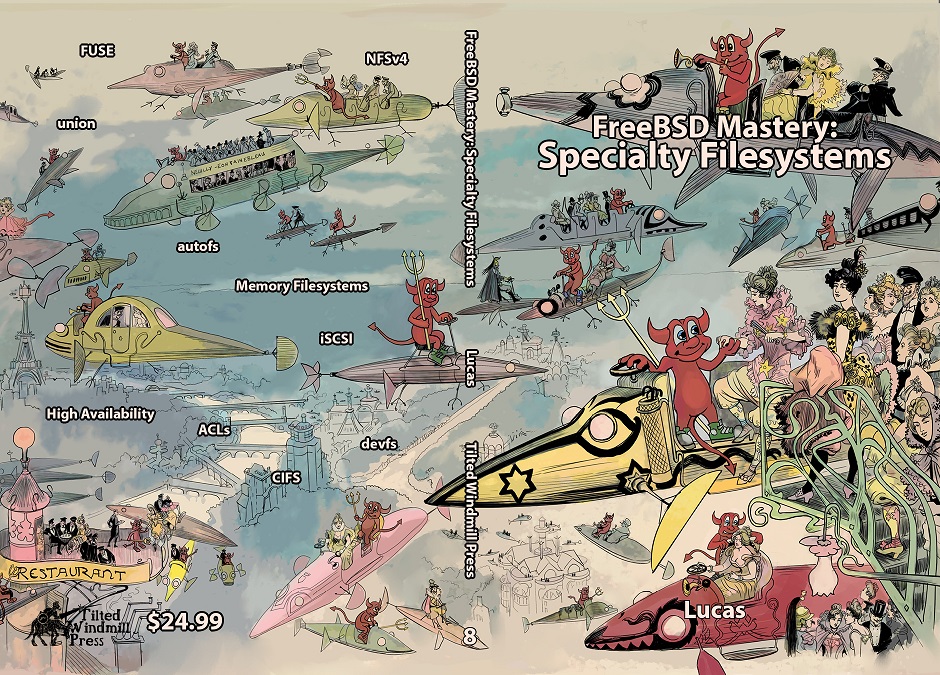Other people have posted their thoughts on September’s 2015’s Oregon Coast writing workshop. Here’s mine.
I want to expand my readership, so I submit writing to people who can pay me for it. Selling a piece to a pro market is not only income, it’s advertising.
I’ve been using the same Word template for submitting for, oh, five years now. It has headers already set up, font size, paragraphing, and all that stuff. The first page starts with my name, meatspace address, phone number, and email address, some white space, and placeholders for title and first paragraph.
The last day of the workshop, Kristine Kathryn Rusch hands back the a piece I’d given her the day before and says “Look at your address.”
It’s fine. I mean, there’s my name, the house number and street, email address, and phone number.
I look back at Kris.
Kris says, “Look closely.”
I study it carefully. There’s my name. The house number. The street. My email address. You could email me, or call, or even address an old-fashioned envelope with this–
But there’s no city.
Or state.
Or zip code.
I’ve used this template for five years. I haven’t sold anything I’ve submitted for, oh, five years. Gee, I wonder why?
Hundreds of people have seen these manuscripts and did not notice that. Kris has seen that template dozens of times now, and didn’t notice it earlier.
Mind you, if the New Yorker actually wanted to buy my work, the editor would drop me an email. (In reality, if the New Yorker wanted to buy my work, I’d probably drop a kidney.) But still.
Check everything.

